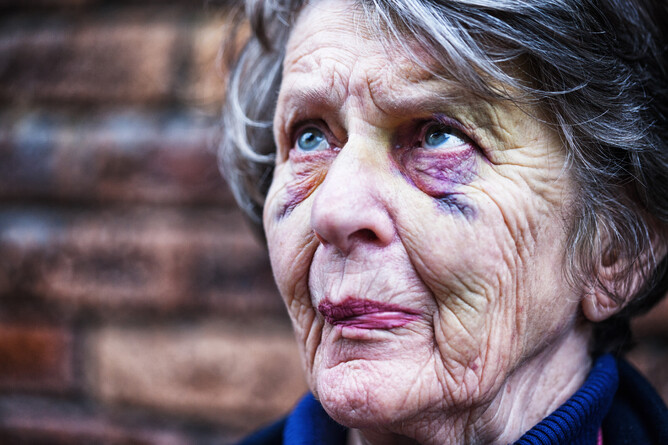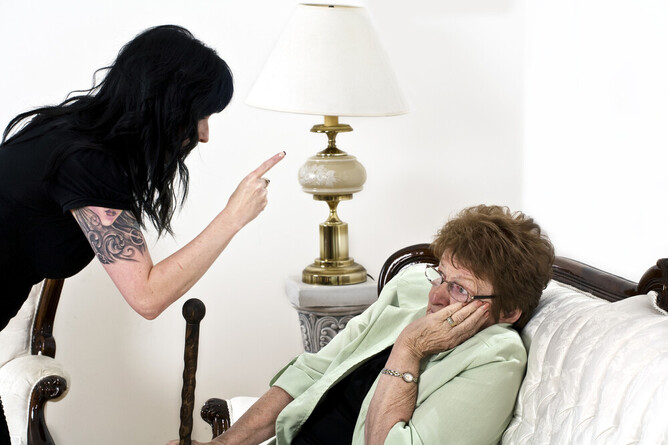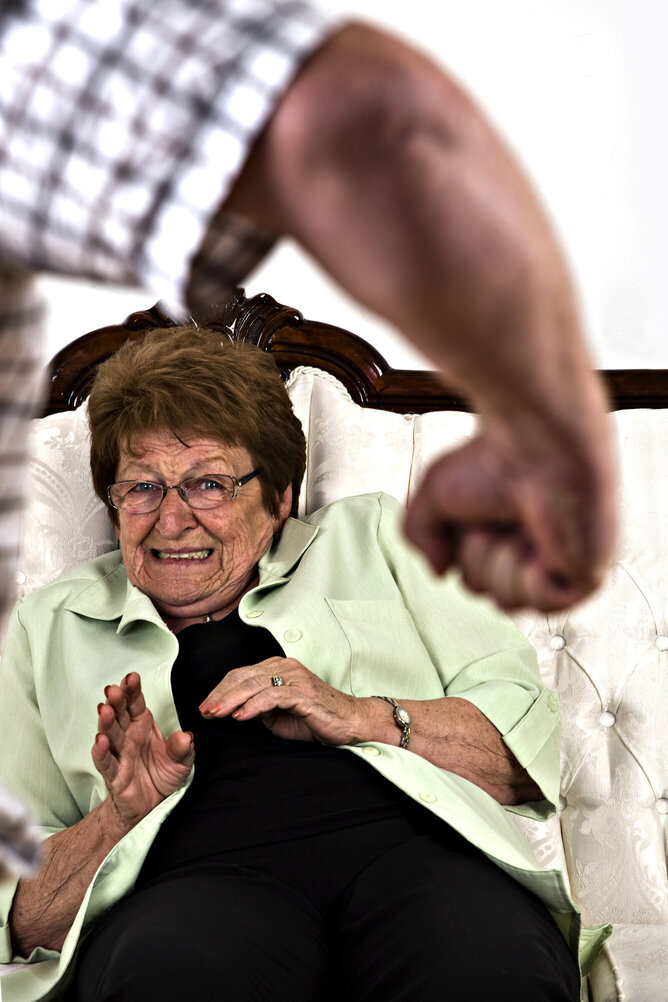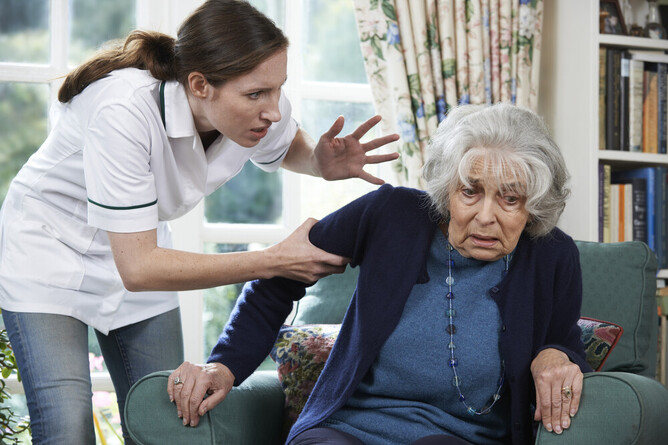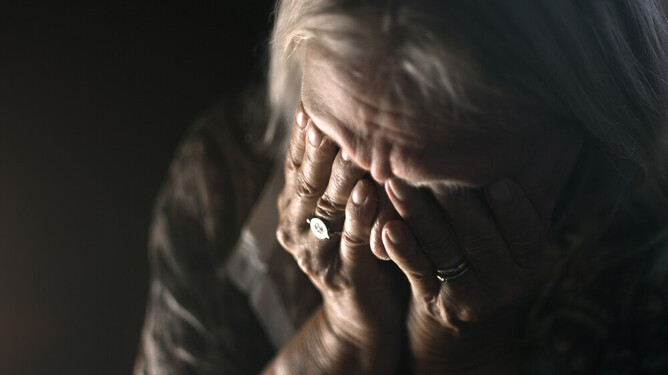Elder Abuse – Information for Patients & Whānau
Elder abuse is when an older person (65+) is harmed, mistreated, or neglected, especially by someone they trust (like family, friends, or carers).
Types of Abuse
Emotional – being yelled at, humiliated, threatened, or cut off from whānau/friends.
Financial – money or property taken without permission, pressured to sign papers.
Physical – being hit, pushed, or roughly handled.
Sexual – unwanted touching or sexual activity.
Neglect – not being given enough food, care, or safe living conditions.
Signs of Elder Abuse
Sudden changes in money, wills, or possessions.
Unexplained injuries or fear of a caregiver.
Loneliness or withdrawal from usual activities.
Poor hygiene, weight loss, or lack of medical care.
A caregiver speaking for the older person or controlling them.
What You Can Do
Listen and believe the older person.
Encourage them to talk to someone they trust.
Get help by calling the Elder Abuse Helpline 0800 32 668 65 (0800 EA NOT OK) free, confidential, 24/7.
If someone is in immediate danger, call 111.
Levin Family Health – Understanding and Responding to Elder Abuse What Does Elder Abuse Look Like?
At Levin Family Health, we recognise that elder abuse occurs when older people are disrespected, hurt, ignored, manipulated, isolated, or taken advantage of financially. When this mistreatment is carried out by someone they know and trust, it becomes elder abuse.
This abuse is often carried out by:
Family or whānau
Friends or neighbours
People offering support or services
Older people may be abused in their own homes, in residential care, or in the community. It can happen whether they live alone or with others. Elder abuse affects people across all backgrounds – regardless of gender, religion, income, sexual orientation, ethnicity, or cultural identity.
The Impact of Elder Abuse
Elder abuse and neglect are never acceptable. They:
Violate fundamental human rights.
Cause physical injury and illness.
Damage mental health and wellbeing.
Reduce financial security.
Lower self-esteem and confidence.
Harm social and whānau relationships.
Globally, the World Health Organization (WHO) defines elder abuse as:
“A single or repeated act, or lack of appropriate action, occurring within any relationship where there is an expectation of trust, which causes harm or distress to an older person.”
Why Does Elder Abuse Occur?
Elder abuse is often hidden. Contributing factors include:
Ageism – the harmful belief that older people are less valuable.
Shame and stigma – older people may feel embarrassed to disclose abuse.
Dependency – when older people rely on others for care or support, they may feel pressured not to speak up.
Negative societal attitudes, including jokes or dismissive comments about older people, reinforce silence and discourage reporting.
Levin Family Health’s Role
At Levin Family Health, our aim is to ensure older people and kaumātua in our community are safe, respected, and supported to live without fear of harm.
We do this by:
Listening to the concerns of older people, whānau, and community members.
Recognising warning signs of neglect or abuse during consultations, home visits, and interactions.
Collaborating with Age Concern, local agencies, and whānau to provide timely support and interventions.
Providing safe spaces for conversations where older people can share their experiences confidentially.
Respecting autonomy by supporting older people to make their own choices about next steps.
Seeking Support
If you are worried about yourself, a whānau member, a neighbour, or a friend, you do not need to be certain that abuse is happening to ask for advice. Speaking up early can prevent further harm.
At Levin Family Health:
You can talk with one of our clinicians or practice team members in confidence.
We will listen carefully and work with you to plan next steps.
We may connect you with Age Concern, social workers, or other trusted supports if appropriate.
Remember – it is never wrong to ask questions or seek advice. Elder abuse thrives in silence, but by working together we can protect the mana, dignity, and wellbeing of our older people.
